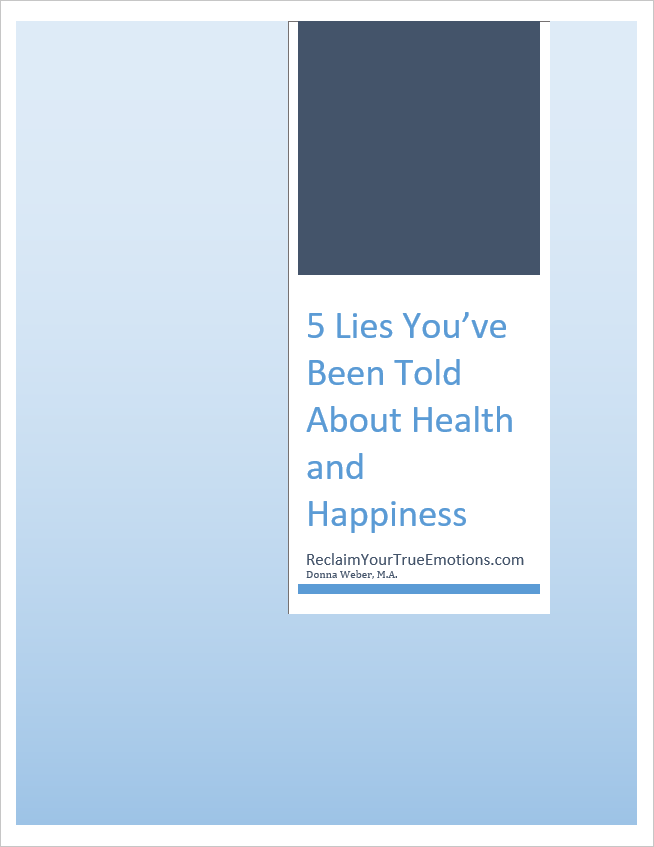How many of you pay any attention to your stress response system? Has it ever occurred to you that it could become damaged?
You may know your stress response system by another name: the fight or flight system. This system keeps you safe and helps you respond in times of crisis.
Resent research has linked a damaged stress response system to many of our most serious diseases, such as heart disease, autoimmune disease, fibromyalgia, depression, and even cancer.
Could a damaged stress response system be affecting you?
How does your stress response system work?
Our stress response system is designed to kick into gear in times of crisis or danger. It prepares your body to stand and fight or runaway by flooding your body with the stress hormones, adrenaline and cortisol. You become more alert. Your immune system turns up. Your pulse quickens and your body prepares for action.
When the crisis is over, your body stops producing the stress hormones. You calm down. You can breathe a sigh of relief.
When your stress response system becomes damaged, it never turns off. It is always flooding your system with stress hormones. These hormones lead to inflammation in your body and eventually to disease.
As you can see, a healthy stress response system is vital to good health.
How does your stress response system get damaged?
When you were a child and you experienced problems, you were not always able to resolve them. For example, if your parents argued all the time you could not do anything to help them. You were constantly feeling stressed about a situation you could not change. Over time your body began to spend more and more time feeling stressed out until you were always stressed.
By the time you became an adult, your body could no longer turn off your stress response system.
How do you know if your stress response system is damaged?
One way to find out is to take the Adverse Childhood Experiences (ACE) survey. It is only 10 questions. Go here to find out how you score: www.acestudy.org/survey. Currently the ACE study website is not working. Go to the NPR article, Take the ACE Quiz – And Learn What It Does and Doesn’t Mean.
If you are still not sure you can take a look at your life. Here are a few signs you have a damaged stress response system.
- You feel tense and on edge all the time.
- Any little problem can push you over the edge.
- You get really angry over small issues.
- You can’t sit still; you always have to be doing something.
- You have aches and pains that don’t seem to have a cause.
- You keep having more and more health issues.
- You have a sense that something is wrong.
Are any of these signs familiar?
In Childhood Disrupted: How Your Biography Becomes Your Biology and How You Can Heal (2015), author Donna Jackson Nakazawa writes about Laura who is struggling with a number of health issues. Laura describes how she feels inside. “It’s like there’s a match standing inside too near a flame and with the smallest breeze it ignites” and “Some days, I feel as if I’m living my life inside an emotional boom box where the volume is turned up too high.”
How do you feel inside?
What can you do?
Nakazawa tells us, “You can reduce your proclivity to inflammation, depression, addiction, physical pain, and disease.” That all sounds great, but how do you get started?
Healing a damaged stress response system requires some different techniques. You can’t just learn to cope or manage problem emotions. According to Alberto Villoldo, author of One Spirit Medicine: Ancient Ways to Ultimate Wellness (2015), “Talk therapy isn’t effective in dismantling stories scripted during childhood trauma when, instead of helping us write a better story, it only reinforces the old one.”
You need a method that addresses your emotional wounds and helps you release them. The poetry of emotion process works at the cellular level and heals through stories, images, and metaphors.
You can release your emotional wounds and heal your damaged stress response system.
Click on “Are you new to the site?” to read more.
Share your thoughts in the comments section below.
(Image: Makena Zayle Gadlent @ Flickr)



